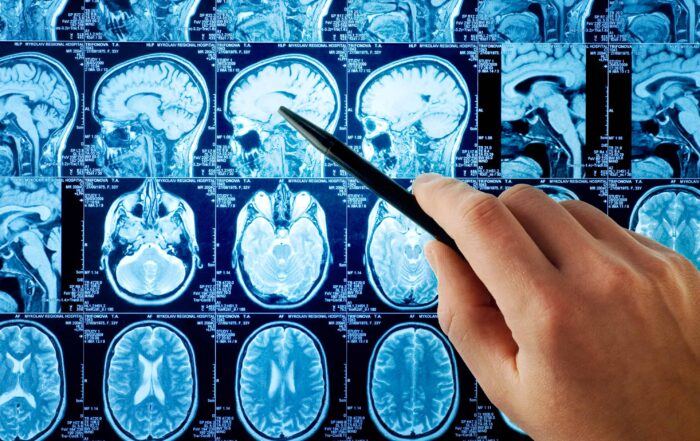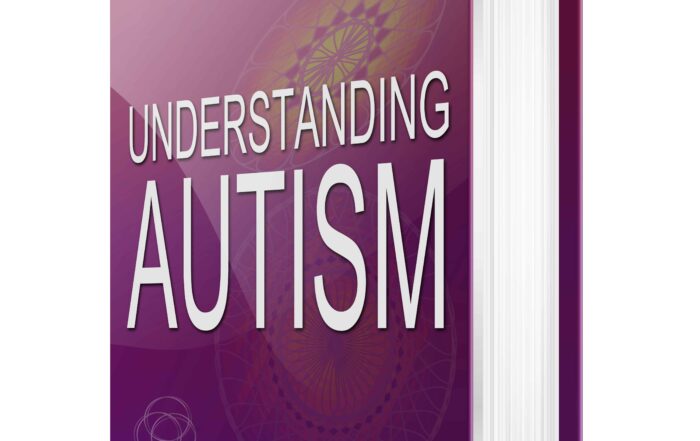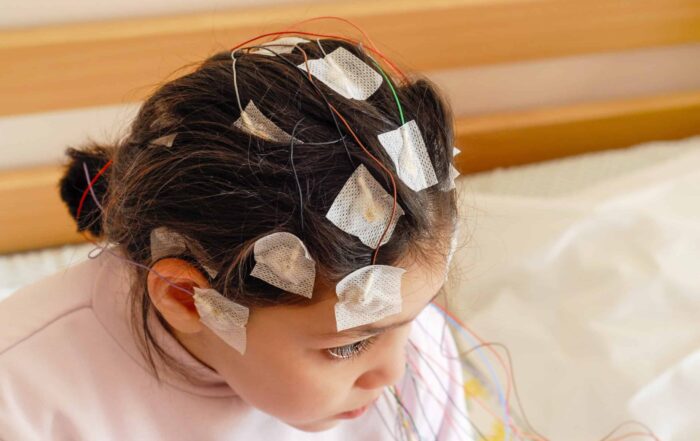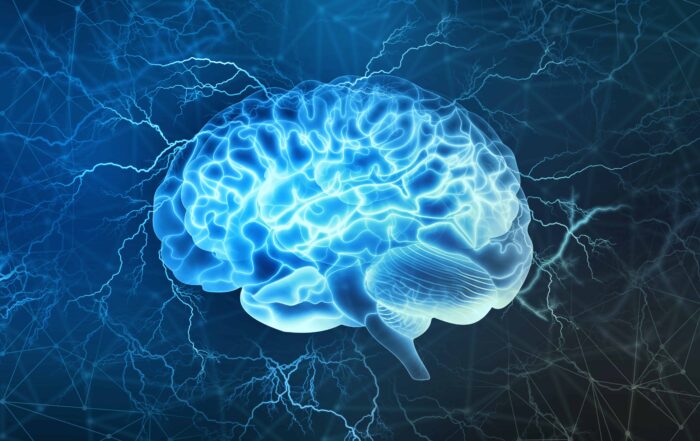Kenneth Sassower, M.D., answers questions about sleep issues experienced in autism. He discusses sudden changes in sleep cycles, considers interventions for epilepsy, and provides context on the use of melatonin, GABA, and other medications. The speaker highlights the importance of sleep hygiene and emphasizes behavioral strategies for improving sleep for children, families, and caretakers. Parental sleep deprivation is of critical importance in this segment of the population.
In this webinar:
1:55 – Background and expertise
3:00 – Sudden changes in sleep cycles
12:15 – Epilepsy in autism
16:40 – Melatonin
24:25 – Extended-release
29:00 – GABA and magnesium
36:16 – Tryptophan with 5-HTP
37:45 – Sleep environments
41:00 – Causes of sleep issues
47:15 – Sleep hygiene
53:30 – Parental sleep deprivation
Question 1: Sudden changes in sleep cycles
Sassower explains how communication challenges can often hinder the detection and understanding of sleep issues in autistic individuals (3:00). Restless leg syndrome, diet, and bedtime routine all contribute to sleep onset and duration (5:25). The speaker emphasizes the need to rule out medical conditions such as chronic pain and sleep apnea, noting that in-lab monitoring is sometimes needed (7:30). Pulse oximetry, which measures oxygen desaturation throughout sleep, can be used to screen for sleep apnea (9:15).
Question 2: Epilepsy in autism
As of 2016, researchers are still trying to understand specific details about why seizures occur and what role they play in sleep functioning (12:15). The speaker notes that children who experience seizures may find it harder to wake up in the morning and need more rest during the day (14:50). He outlines potential sleep interventions that support daytime function reiterating the connection between sleep and behavior (16:29).
Question 3: Melatonin
Melatonin is produced in the brain’s pineal gland, which is sensitive to the dark-light cycle. Melatonin supplements/medications are proven to support sleep onset and, therefore, can help treat circadian rhythm (sleep clock) issues (16:40). Sassower notes that melatonin doesn’t help people stay asleep and so is not very effective for treating night wakings or epilepsy (18:25). Extended-release melatonin has seen some success in autistic patients, but the speaker avoids using it. He explains that melatonin isn’t meant to regulate sleep cycles, so he generally looks for another driver in cases of night wakings (21:30). If melatonin doesn’t affect sleep latency, it is best to halt its use and search for another option (24:44).
The primary drivers of sleep issues are biological, medical, and behavioral factors (26:20). Therefore, treating medical conditions like sleep apnea, anxiety, or epilepsy can improve behavioral and social functioning during the day (27:40).
Question 4: GABA and magnesium
Gamma-aminobutyric acid (GABA) is a neurotransmitter known to promote sleep depth, and GABA medications have seen safe success in inducing and maintaining sleep (29:00). GABA could be a promising intervention for major sleep issues like sleep apnea and epilepsy (31:00).
Magnesium is commonly used for headaches and restless leg syndrome. However, the speaker asserts that individuals should only supplement magnesium in their diet if their serum magnesium levels are below normal (33:45). Assessing calcium levels and other nutritional values is also helpful for sleep interventions. The speaker discusses the historical use of Tryptophan with 5-HTP, why it left the market, and its potential use compared to other available medications (35:16).
Question 5: Sleep environments
The presenter explains how screen time and other environmental factors impact sleep onset and efficacy (37:45). He notes that some people can only sleep with the light on and explains how this could be tied to anxiety, behavioral routines, fear, or several other medical and biological factors (39:00). Sassower explains that some people simply need more sleep than others. However, after a sudden shift in sleep patterns, it is essential to look for any critical changes that occurred around the same time (41:00). This includes new medications (over-the-counter), changes to diet, bedtime routines, daytime habits, etc. (44:30). The speaker touches on neural feedback as a behavioral treatment that helps with falling back to sleep (45:00).
Question 6: Sleep hygiene
Sleep hygiene includes all daytime and nighttime routines that impact sleep efficacy (47:15). Sassower emphasizes behavioral management for sleep issues, including things as simple as brushing your teeth, changing clothes, and creating an environment conducive to sleep (51:15). Good sleep hygiene, he continues, means that you have tools and techniques to help support good, rejuvenating sleep.
Question 7: Parental sleep deprivation
Parental sleep deprivation is a critical aspect of sleep issue interventions in autism (53:30). In many cases if one person is awake at night, the whole family is awake, which can lead to stressors in relationships and daily functions for everyone (55:15). The speaker asserts the need for further investigation and focus on this subject because a significant segment of the autistic community is suffering from sleep deprivation (57:00).

Dr. Kenneth Sassower is a neurologist in Boston, Massachusetts, and is affiliated with multiple hospitals in the area, including Massachusetts General Hospital and Newton-Wellesley Hospital.
Published: 06/29/2016
Widespread changes detected in the cerebral cortex in autism
New research indicates that in autism spectrum disorders (ASD), changes at the molecular level are present throughout the cerebral cortex rather than solely in cortical regions associated with language and social cognition.
Understanding and Treating Autism: Book Series
A new book, titled Understanding and Treating Sleep Disturbances in Autism, is now available from Jessica Kingsley Publishers. The book is edited by ARI's executive director, Stephen M. Edelson, and past ARI
Implanted device may reduce seizures in individuals with ASD
Individuals with autism spectrum disorders (ASD) frequently suffer from epilepsy, and nearly one-third of people with ASD and comorbid epilepsy have seizures that cannot be controlled by medication. A new study
Amygdala overgrowth in infancy found in children who later develop ASD
The amygdala—a region of the brain that helps to interpret the social and emotional meaning of sensory input—grows abnormally rapidly in young infants who later develop autism, according to recent research. Mark
Food and Sleep
Vicki Kobliner, RDN, CD-N, describes nutritional and lifestyle strategies for improving sleep and overall health for autistic people. She discusses circadian rhythm and balancing cortisol and melatonin cycles throughout the day.
Optimizing Preconception Health Through Nutrition
Vicki Kobliner, MS RDN, CD-N, discusses steps for optimizing preconception health through good nutrition and healthy environments. She discusses the US healthcare systems and statistics and asserts that, although the numbers can







